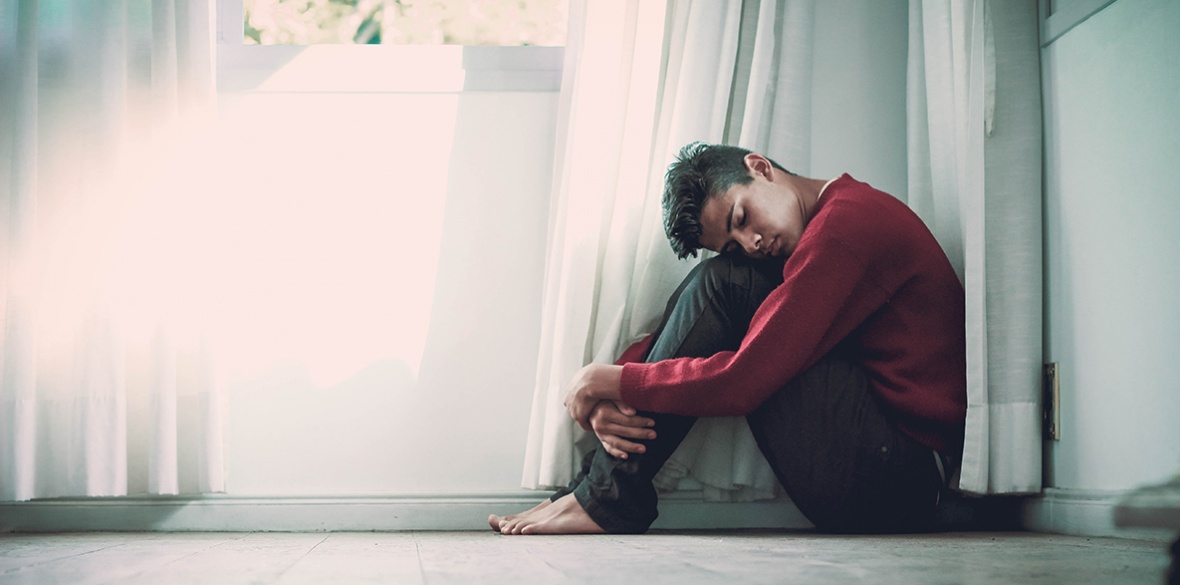This is the last article you can read this month
You can read more article this month
You can read more articles this month
Sorry your limit is up for this month
Reset on:
Please help support the Morning Star by subscribing here
STUDENT mental health problems have almost tripled, with many dropping out due to financial distress caused by the cost-of-living crisis, according to research published yesterday.
The analysis came as 30 charities urged the government to take action to prevent people becoming mentally ill and to reduce long waiting lists for support.
The proportion of university undergraduates who said they had experienced mental health difficulties rose from 6 per cent to 16 per cent — about one in six — betweeen 2016-17 and 2023-23, according to the study by the King’s College London policy institute and the Centre for Transforming Access and Student Outcomes in Higher Education (Taso).
It found that a significant part of this increase had occurred in the last 12 months, during the cost-of-living crisis.
The analysis also showed that female students were more than twice as likely as males to report mental health problems.
Bisexual people had the highest average levels of mental health difficulties among LGBTQ groups.
Students who attended state schools had, on average, worse mental health than their private-school-educated peers.
Professor of public policy at King’s Michael Sanders said: “It’s clear the experiences of mental ill-health among students are deeply unequal and exist along much the same lines as in society at large, with those from the most disadvantaged backgrounds or who often face discrimination being most likely in general to report struggles with their mental health.”
Centre for Taso chief executive officer Dr Omar Khan added: “While Covid and the cost-of-living crisis have clearly exacerbated such challenges, the upward trend is not new.”
A separate study by more than 30 charities, called A Mentally Healthier Nation, has, meanwhile, urged government action to prevent people falling mentally ill and cut long waiting lists for support.
Published by the Centre for Mental Health (CMH), it warned that Britain’s mental health is getting worse, with sickness absence from work at a 13-year high and the prevalence of depression and anxiety expected to rise by 16 per cent by 2040.
CMH chief executive Andy Bell said: “We call on the government to act now and on all political parties at the next general election to commit to a long-term plan to create better mental health for all.”
The Department of Health and Social Care said it was going “further and faster” to transform mental health services.









